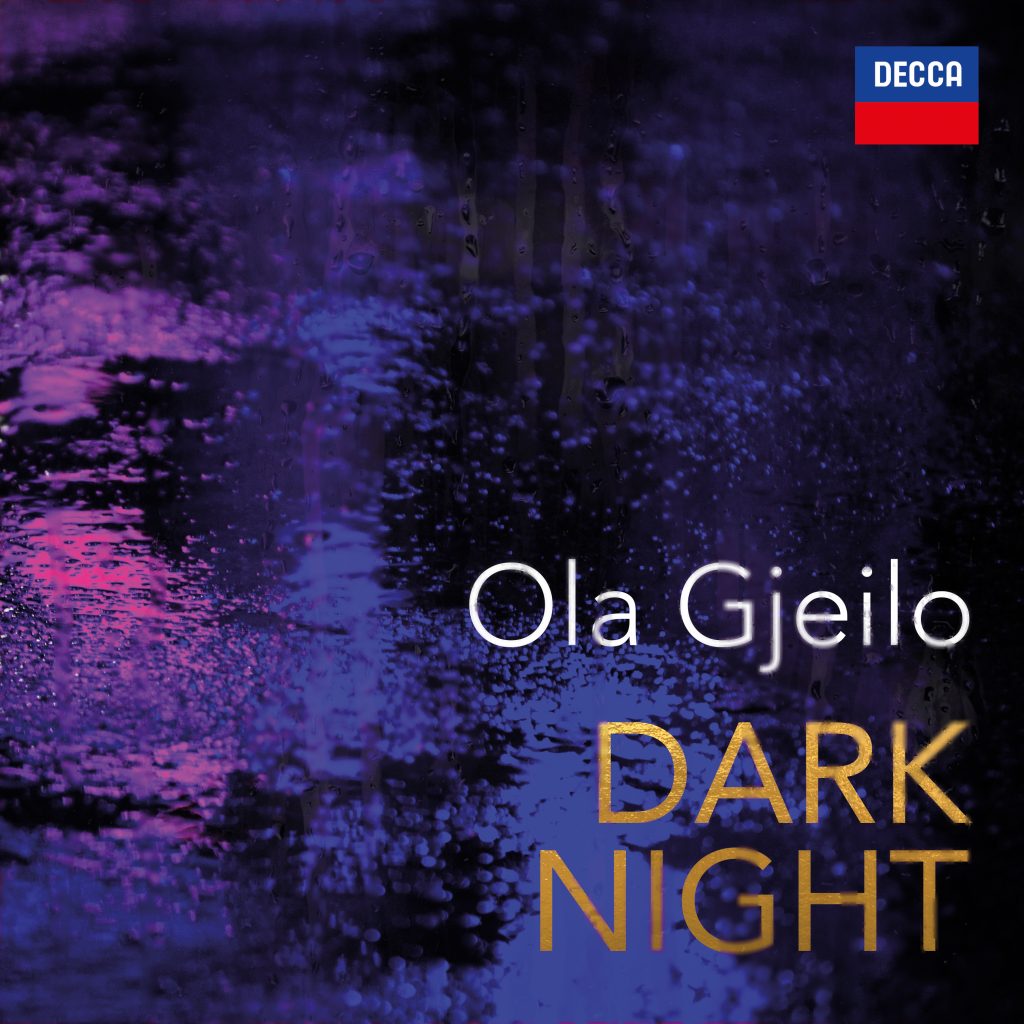
This Palm Sunday, April 2 during the 10:00 a.m. service, we are meditating on the ideas and concepts of spiritual death, rebirth, and resurrection. We begin with works by Norwegian composer, Ola Gjeilo, starting with two instrumental works, The Crossing, and Reflections, which provide us with a meditative and contemplative space to prepare for the choral work, Dark Night of the Soul, which indulges in the concept of spiritual death. Dark Night of the Soul is a poem of St. John of the Cross, which exists as a phase of passive purification of the spirit in mystical development. St. John of the Cross writes that “The dark night of the soul is a stage of final and complete purification, and is marked by confusion, helplessness, stagnation of the will, and a sense of the withdrawal of God’s presence. It is the period of final “unselfing” and the surrender to the hidden purposes of the divine will.” Allow this piece to enter your hearts and minds and shape how you might feel about the season of Lent, the season where we remember the death of Christ, and reflect on the reconfiguration of the spiritual self.

The final piece is a choral and strings arrangement of How Great Thou Art, written by a very up and coming black woman composer hailing from Atlanta GA, B.E. Boykin. Not only do the concepts of rebirth and resurrection become highlighted in the joyful hymn’s positive harmonic and verbal language, but we have the benefit of being the first choir to ever perform this piece – yes, this final piece is indeed a world premiere! Not only are we premiering a piece of music by someone belonging to two underrepresented demographics, but premiering a piece of music is like a baby being born (except this baby is in the form of art). Boykin has harmonic and artistic ideas that not only stem from the classical/choral tradition laid out before us all, but her ideas encompass her own voice, her own artistic and musical likings outside of classical music, and her own experiences as a black woman living in the United States. Therefore, she in every way is adding so much to the very ages old tradition of choral singing that we know today as typically a rather “outdated” or “formal” tradition. For a long time, it has only been available for listeners and performers of the white race, and the upper class in a socioeconomic setting. B.E. Boykin writes choral music for everyone, and in her other works chooses poets of African American heritage to raise more underrepresented voices in a world that is slowly removing hate, but still has a lot of work to do. B.E. Boykin’s piece that you will hear today is not only a sign of the rebirth and continuation of the classical tradition but in an inclusive light, this piece is a major sign of hope in the world of the fine arts.
-Marie Herrington, Second Service Music Director